Cancer Biology
Cancer – know thy enemy, know thyself.
In The Art of War, Sun Tzu advised that to win battles, one must “know your enemies and know yourself.” We now know a lot about many cancers (the “enemies”), from the many deregulated signaling, metabolic, transcriptional, maintenance, and other pathways that are perturbed, to the genomic changes of thousands of individual cancers. And yet we do not really understand the forces that both limit and promote cancer development, nor how to fully exploit this knowledge for patient's benefit.
Studies in our department are geared towards understanding the enemy, cancer, using genome-wide genetic screens to identify its metabolic and signaling vulnerabilities, using proteomics to understand how it interacts with and modifies its tissue environment, and using metabolomics to reveal how cancer processes sugars and other molecules differently than normal cells. Labs are also exploring how RNAs and protein transcription factors regulate chromatin structure and gene expression to dictate cell fate decisions relevant to cancer pathogenesis and therapeutic responses. Other studies are geared towards understanding how the causes of cancer, like aging and smoking, influence the evolutionary trajectories of cells by altering tissue microenvironments.
Importantly, as Tzu advised, we must also understand how biological systems normally function (the “yourself”) to appreciate and exploit cancer-specific mechanisms. Additional research in the department seeks to understand how cells divide, how they regulate gene expression (including epigenetic control of genes and the processing of the messenger RNAs), and how these processes are perturbed in cancers.
Faculty with Research in this Area
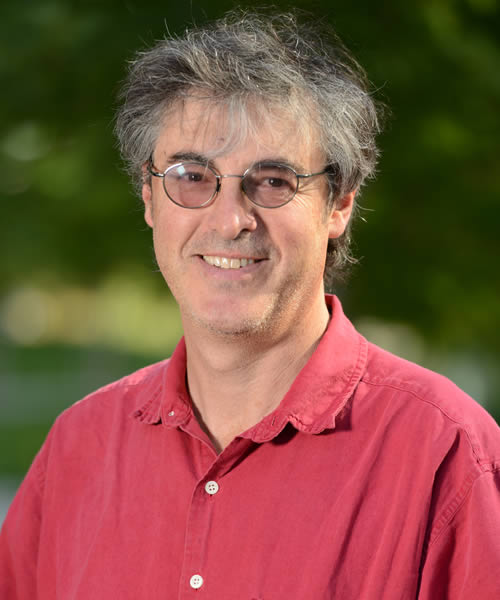
David Bentley, PhD
Messenger RNA Production by RNA polymerase II
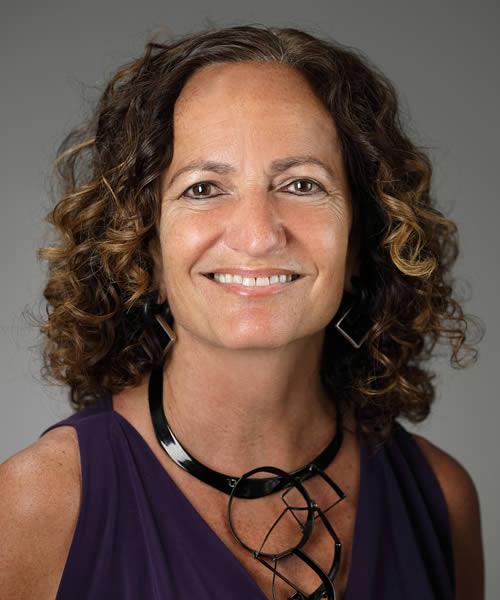
Julia Promisel Cooper, PhD
An expanded view of telomeres and their roles in safeguarding genome stability
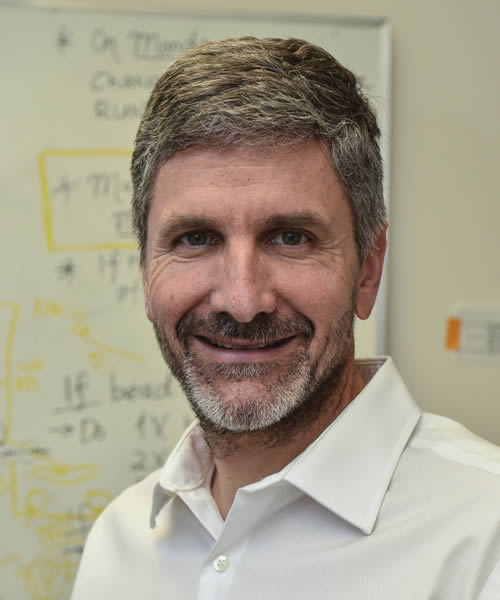
James DeGregori, PhD
Cancer: understanding its evolution and targeting its dependencies
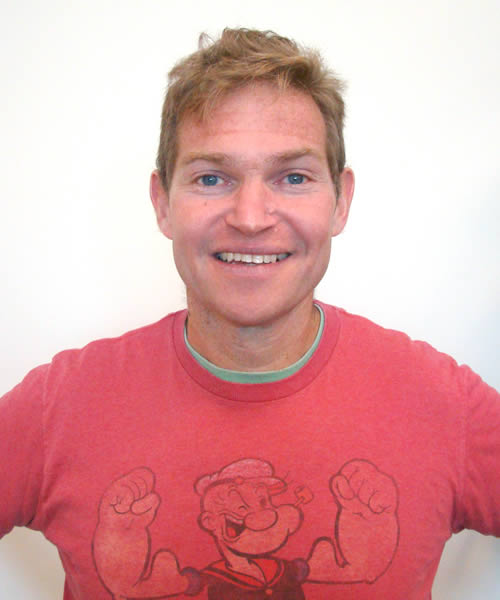
Elan Eisenmesser, PhD
Viral protein/host protein interactions and enzyme motions
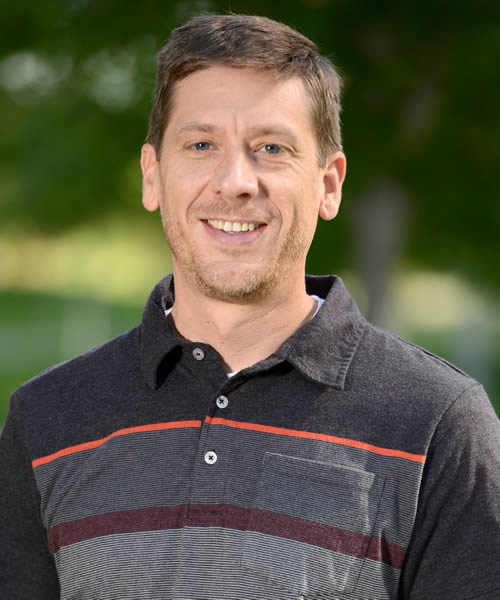
Kirk Hansen, PhD
Quantitative and functional proteomics, extracellular matrix processing and organization
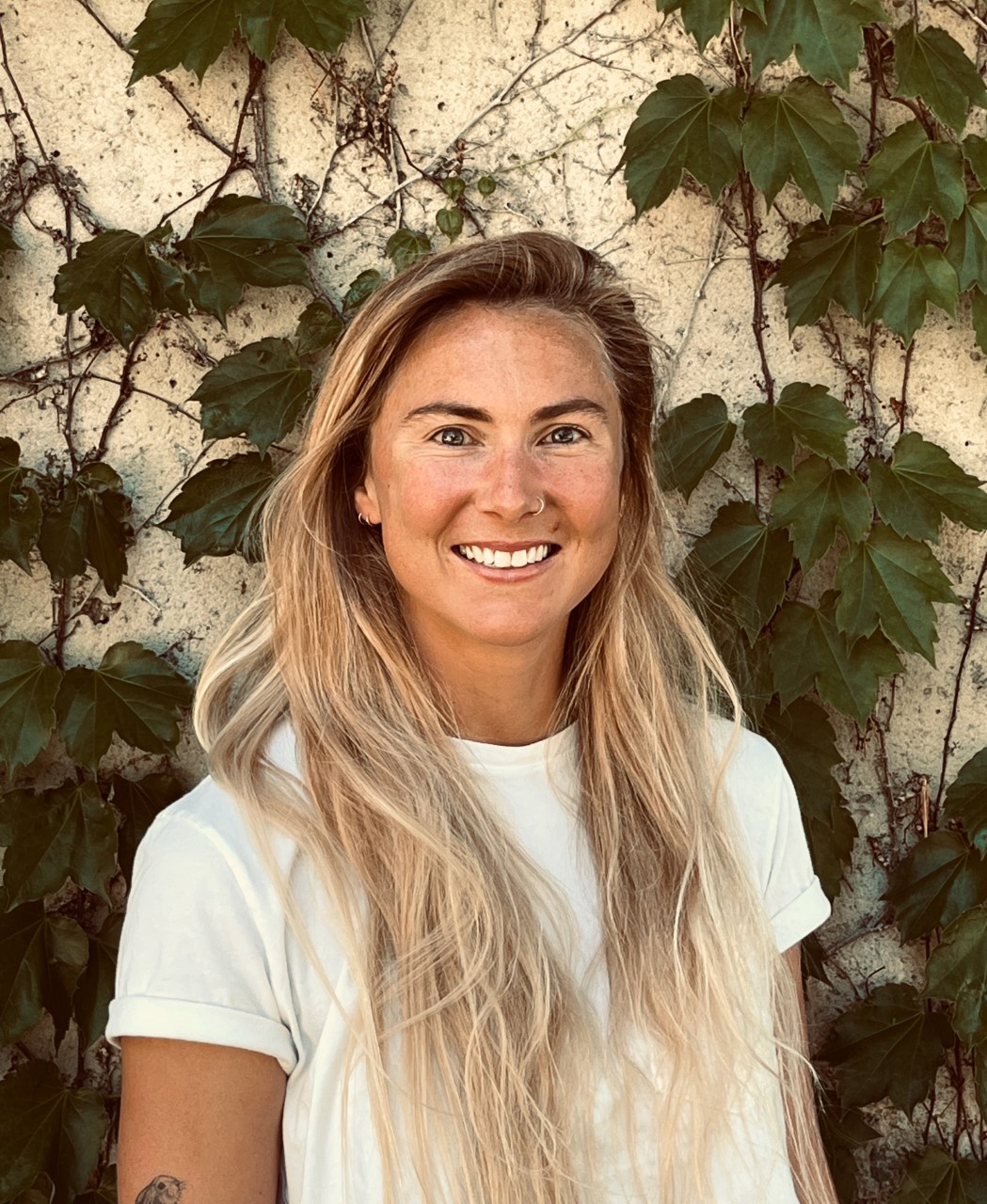
Lydia Heasley, PhD
Molecular causes and phenotypic consequences of the broadly defined family of genomic features known as structural variations (SVs)
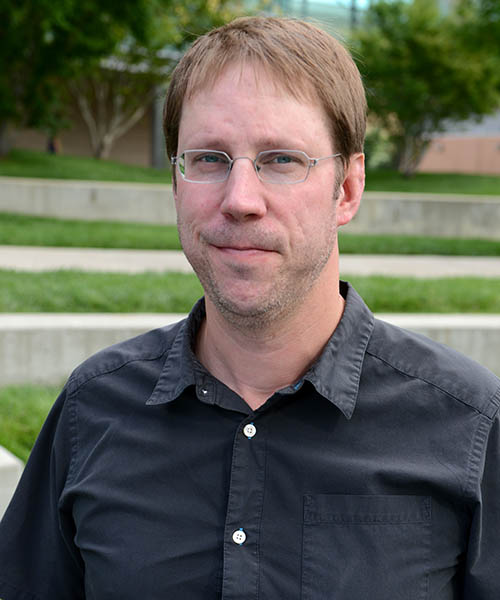
Jay Hesselberth, PhD
Nucleic acid repair
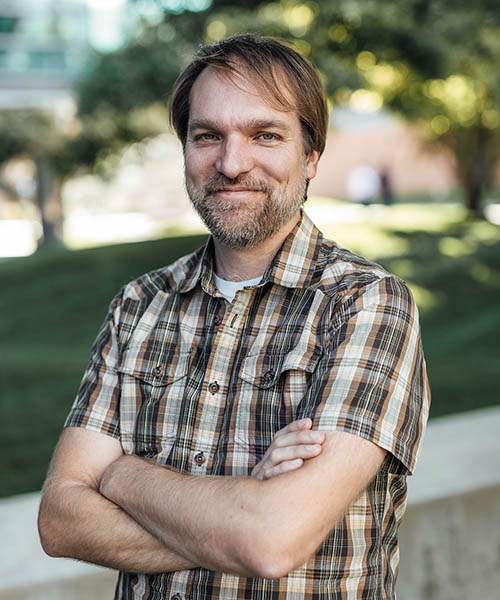
Aaron Johnson, PhD
Mechanisms of chromatin-mediated gene silencing
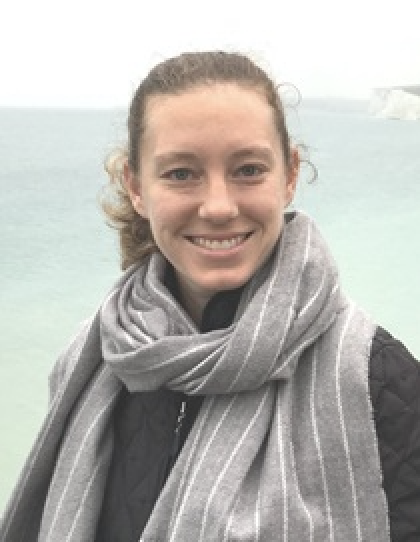
Allison McClure, PhD
Cell cycle regulation of DNA replication
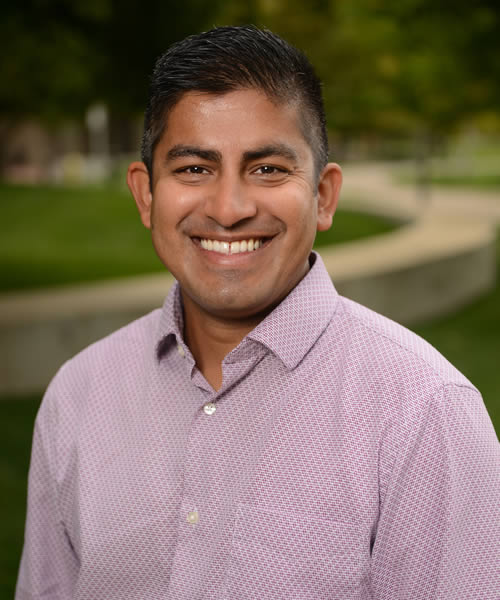
Neelanjan Mukherjee, PhD
The dynamics of RNA regulatory networks
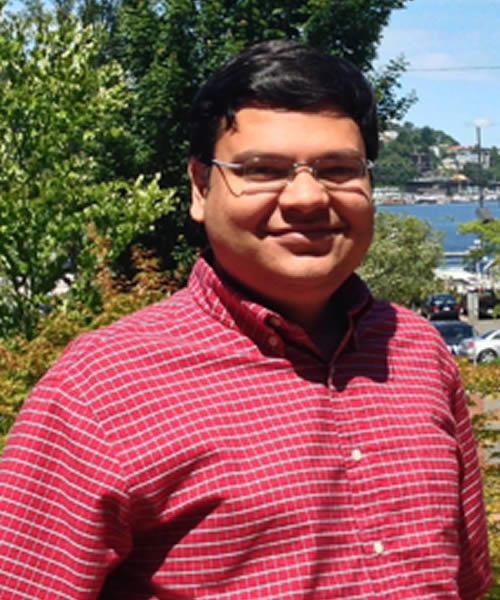
Srinivas Ramachandran, PhD
In vivo nucleosome structure and dynamics
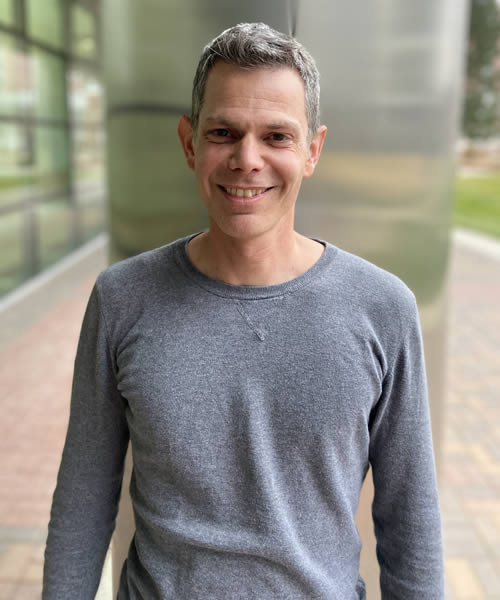
Beat Vögeli, PhD
NMR spectroscopy for the elucidation of conformation and communication networks within and between proteins and nucleic acids
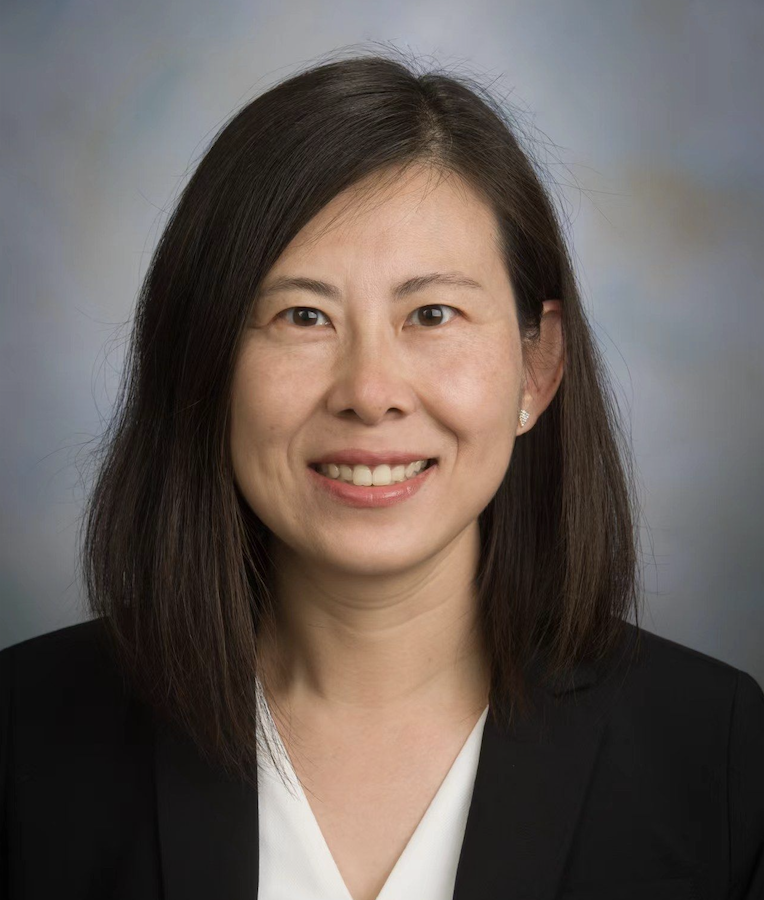
Ning Zhao, PhD
Developing technologies that enable tracking the full life cycle of proteins
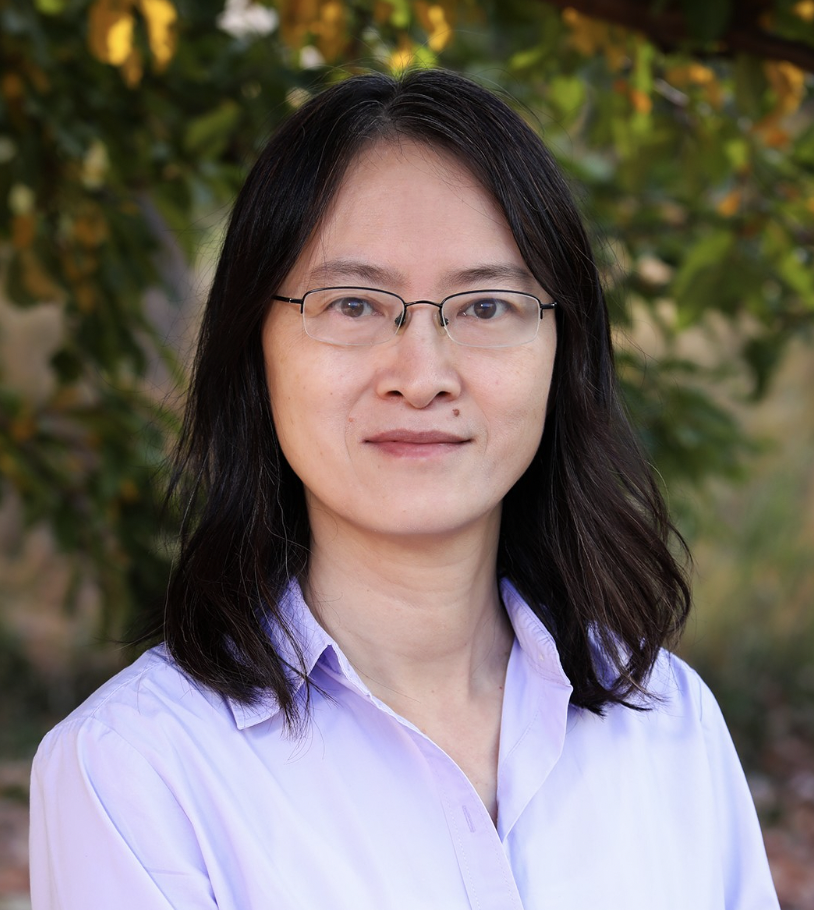
Rui Zhao, PhD
Molecular mechanism of pre-mRNA splicing; drug design targeting transcriptional complex in breast cancer
.png?sfvrsn=978eccb9_2)
.jpg?sfvrsn=4a8eccb9_2)